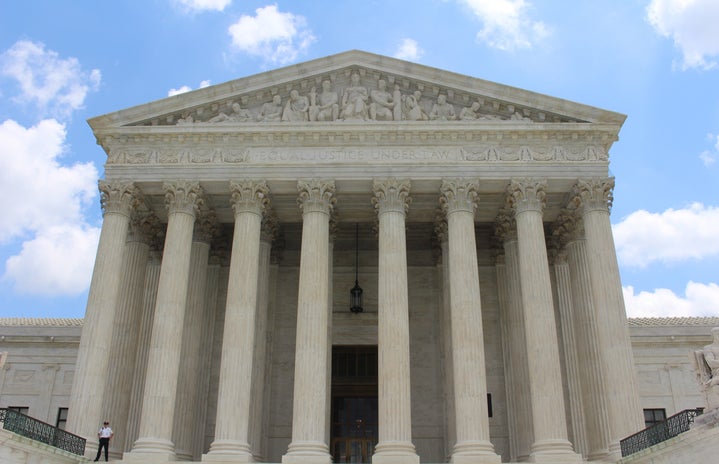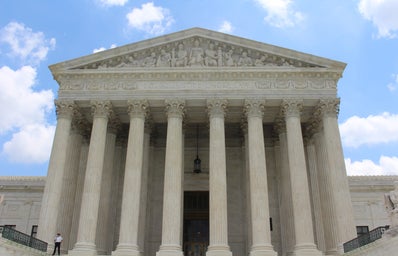The confirmation hearings for Amy Coney Barrett have occurred over two days this past week, and here is what we have learned.
There are a few questions that Amy Coney Barrett would not answer during the hearings. Barrett refused to say whether or not separating children from their parents to send a message to deter immigration was wrong. She also would not say if President Trump could delay the election or pardon himself. Another question she refused to answer was whether or not she believed that climate change was real.
It appears that Judge Barrett was keen not to respond to any issues that could turn into Supreme Court cases in the future. There are also a few cases that Barrett said she would support unconditionally; Brown v. Board of Education, which desegregated public schools, and Loving v. Virginia, which removed bans on interracial marriage.
One case that Barrett refused to offer an opinion on was Obergefell v. Hodges, the case which made removed bans on same-sex marriages in 2015. A second case that Barrett declined to offer an opinion on was Griswold v. Connecticut. This case dismissed a law that made the use of contraceptives illegal and has been used as a basis for other cases revolving around abortion.
In my opinion, one of the most telling and interesting moments in Barrett’s hearing was when Senator Ben Sasse (R-NE) asked her to name the five freedoms protected by the First Amendment. Judge Barrett named speech, religion, press, and assembly. The one protection that she happened to miss was the right to “petition the government for a redress of grievances,” or the right to protest.
The right to protest has been in the media for the last few months following the death of George Floyd, whom Barrett said she wept over with her daughter, whom she adopted from Haiti. If that was such an important moment to her, why could she not remember the legal protections that protestors have under the First Amendment?


